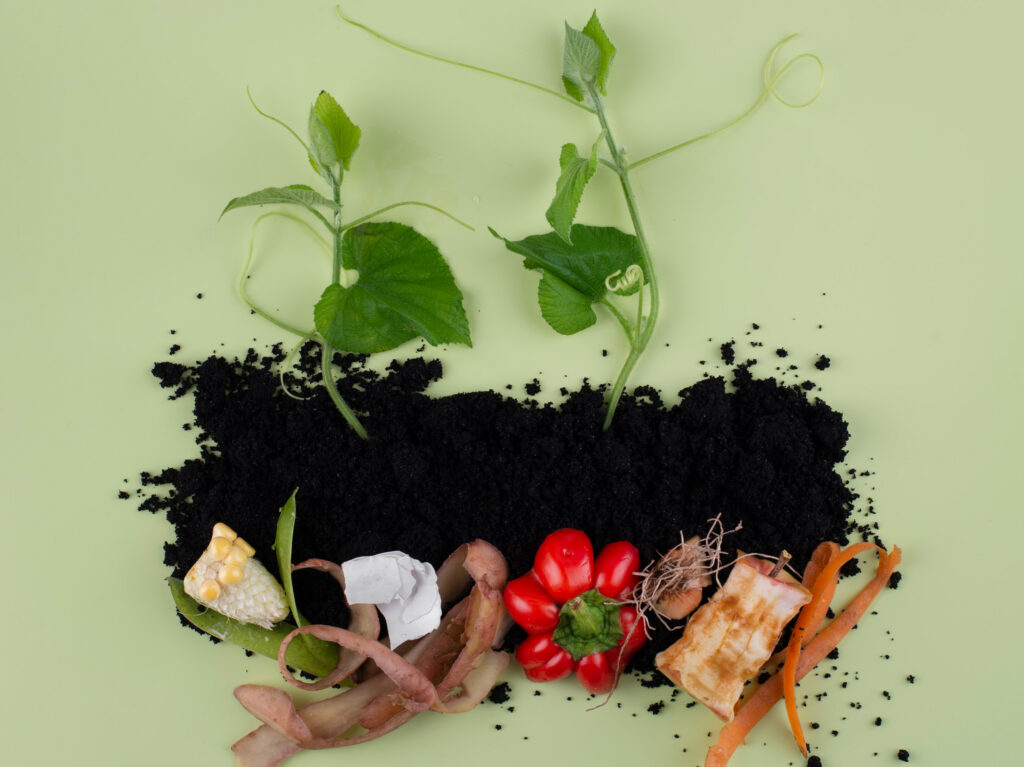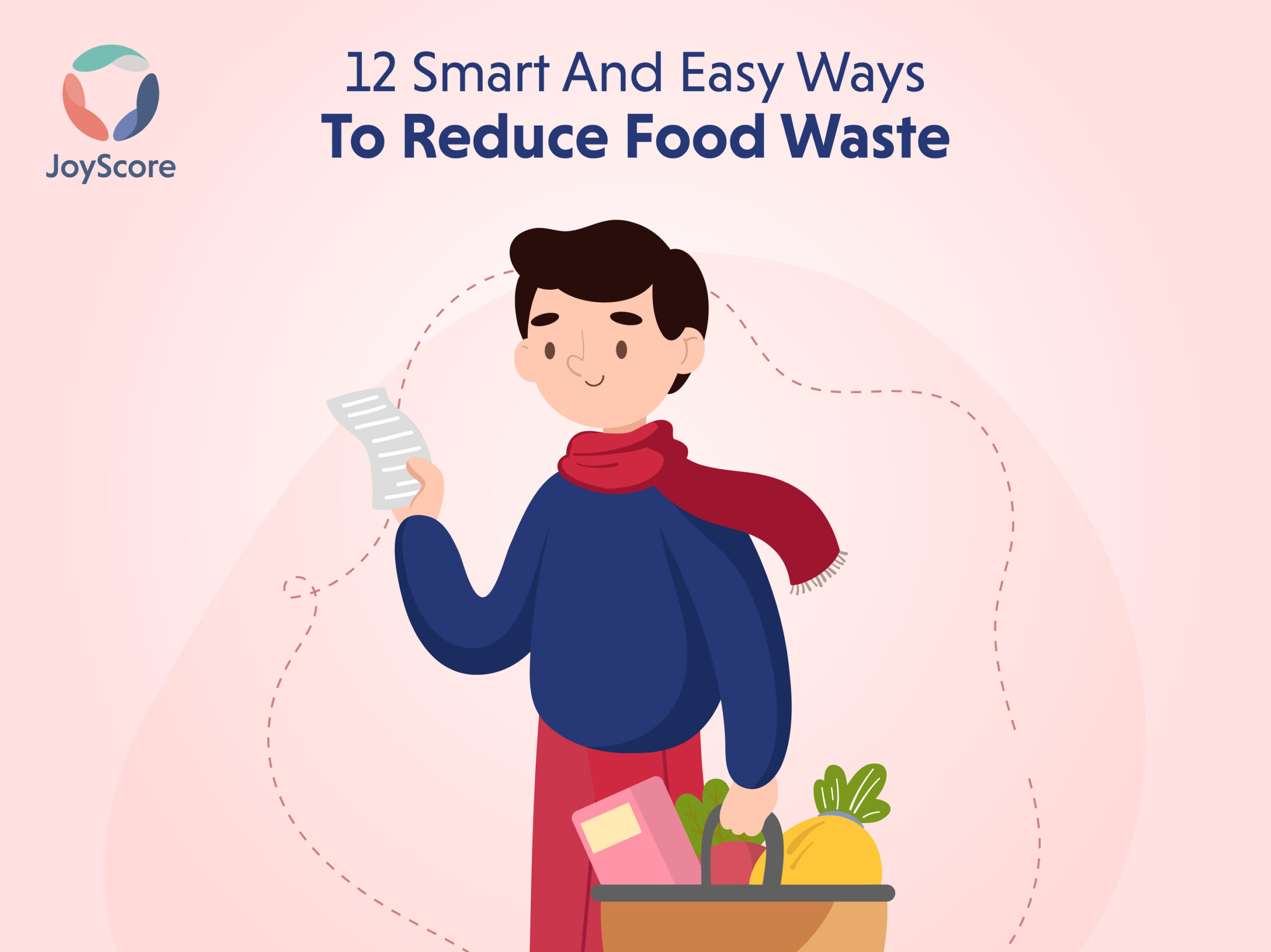Food wastage has become an enormous problem nowadays. People from all professions and walks of life contribute to the filthy wastage of food. Food is one of the essentials of life that should be utilized in every way possible and manage zero waste food while cooking. Consider this one reaction you should have when you see food waste – What are the ways to reduce food waste? Below is a write-up on some tips that can help you reduce wastage of food and live a greener and more sustainable life.
There are a few ways to Reduce Food Waste
- Always have a shopping list
You always have to have a shopping list. A shopping list is your best friend when it comes to avoiding wastage of food. It’s the only way to know what you need, and what you don’t need before going shopping.
In situations where you are not sure if you really need something or not, just add it to your shopping list. If you discover that it’s not really needed after going through your shopping list, just take it off the list. In such cases, you’re better safe than sorry.
- Buy less or as much needed
The best way to prevent food waste is by buying only as much as required. If you are going grocery shopping, make a list compare it with your inventory so that you don’t get carried away while shopping and buy more than what you need.
- Know the FIFO order and organize your kitchen accordingly.
The first thing to do is to know the FIFO order. FIFO stands for “first in, first out” and refers to the order of how you use your groceries. The items you bought last are the ones that should be used first.
FIFO applies to food products like meat, dairy, and frozen foods. To ensure that your food is organized according to FIFO order, put older items at the front and newer items at the back of the fridge or pantry.
- Freeze the extras.
If you have too many leftovers, put them in individual containers and stash them in the freezer. Freeze soup or stew in ice-cube trays, then pop the cubes into a plastic bag for easy use later. Tomatoes can be frozen whole (they will peel easily once thawed) or made into sauce. Vegetables such as broccoli, asparagus, and cauliflower can be blanched and frozen in plastic bags with their cooking water. A whole watermelon or pineapple can be sliced up and frozen for smoothies or sorbet.
- Know your weekly menu
Before you head out to the supermarket, it’s important to make a list of what you need. This will help you avoid buying things that you don’t need. In fact, research shows that individuals who have a planned shopping list are the best ways to avoid food waste. You can even make your shopping list based on the recipes you plan to cook for the week or month.
- Learn how to preserve
It is also essential to store your food correctly. If you don’t store your food properly, it can spoil and become waste. You also want to avoid overbuying or buying things you don’t need. Buying in bulk can save money, but if you end up throwing away most of what you bought, then it’s a waste of money as well as food.
- Compost the scraps

When it comes to fruits and vegetable scraps, you can compost them or turn them into stock for soups or stews. Other food scraps, like meat bones and eggshells, can also be turned into a quick stock.
- Understand the expiry dates.
Ensure that you check the expiry date before buying anything from the store. Many people ignore this step when they shop because they do not want to spend time checking each item, but this one step can help you save a lot of money that might otherwise go wasted.
- Be creative and tweak the recipes.
If you’re left with spinach, for example, you can use it the next day in an omelet or a green smoothie. Likewise, if you have potatoes leftover from your roast dinner on Sunday, they can be turned into a wonderful bubble and squeak on Monday night.
- Adopt a sustainable diet.
If you are looking to reduce food wastage, start by knowing how much food is thrown out in your household. Adopt sustainable diet and menu planning. Make use of scraps and leftovers. Avoid impulse buying that leads to wastefulness. Do not let supermarket offers and promotions dictate your shopping habits as they do not always reflect the actual need.
- Donate the excess food, then throwing away.

Donating excess food is another way that you can avoid wasting food. Donating excess food helps people who are less fortunate live better lives while composting reduces the number of garbage trucks that are on the road every day by half.
- Buy local

When you buy local produce, you not only support local businesses, but you reduce your food miles too.
The less distance your food has to travel, the less energy is used.
If you like to eat organic, then buying locally also means avoiding foods that have been treated with preservatives to keep them looking fresh during long transport journeys overseas.
You can easily reduce your food wastage in a single go. Be it a small shop or a big store; this is something that every store owner has to do at least once a day. Even if it is just a small idea of collecting leftover food and storing them for later use, it matters a lot. Try these few simple steps to save the world from hunger and yourself from wasting money.
Caption: We’ve all been there. Whether it was the aftermath of a huge family meal, a picnic gone wrong, or a big office lunch, sometimes food just doesn’t get eaten. Wasting food is easy to do and hard to avoid – but it doesn’t have to be. We’re all guilty at times of throwing away leftover food. Here are some steps you can take to ensure your food is eaten and not thrown away.
Download on the Appstore
Get it on Google Play



